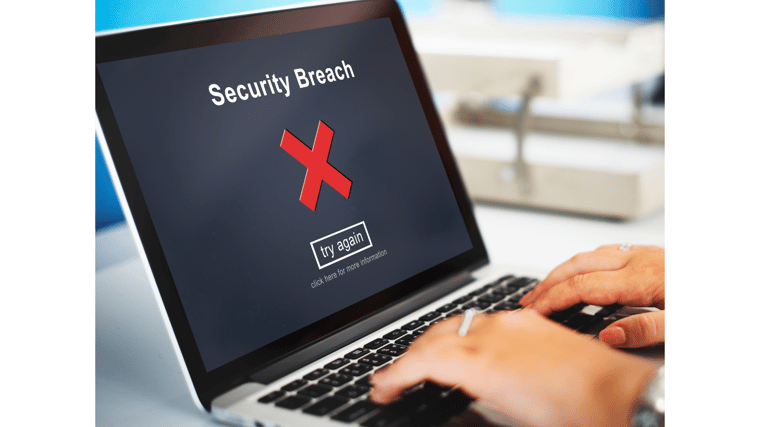In an era dominated by technological advancements, the construction industry stands as a seemingly low-tech field in the digital landscape. However, the perception of being a low-risk sector can be deceiving.
The construction industry handles significant financial transactions and sensitive data, making it an attractive target for cyber criminals. Ransomware is an underestimated threat in the construction industry; in fact, the construction industry witnessed the highest count of ransomware attacks from January 2022 to January 2023.
That’s why it’s important to dispel the notion of being low-tech, low-risk and understand the cybersecurity measures that can help fortify against it.
Read: The Best Practices Against Cyber Attacks
What Is Ransomware?
Ransomware is a type of malware where the cyber criminal encrypts data and demands a ransom to restore access; if the ransom isn’t paid, the data is often destroyed or publicly published. Ransomware can cripple productivity, disrupt projects and damage reputations, as well as lead to significant financial loss. The victim could pay the ransom, but there is no guarantee the data will be released, and many law enforcement agencies encourage companies not to pay the ransom.
The Illusion of Low-Tech, Low-Risk Stakes
Construction companies are often considered traditional, low-tech enterprises and are not at the forefront of cybersecurity concerns, especially since many have either a limited or no existing cybersecurity plan and outdated systems. However, they often involve substantial financial dealings, sensitive project data and reliance on interconnected systems, making them prime targets for ransomware attacks. The misconception that low-tech equals low risk can leave these companies vulnerable to increasingly sophisticated cyber attacks, like ransomware.
Cyber criminals recognize the potential windfall from ransomware attacks that can stop construction projects, disrupt financial operations and demand significant ransoms. In addition to monetary losses, the compromise of proprietary project data, blueprints, confidential documents and other intellectual property can lead to severe consequences, including budgetary delays, legal disputes and reputational damages.
The evolving nature of cyber threats exacerbates the construction industry’s vulnerability to ransomware. As technology continues to advance, attackers become more sophisticated in their methods, exploiting weaknesses in outdated systems, unsecured networks and unsuspecting employees. Understanding the risks faced by the construction sector is crucial to developing effective cybersecurity strategies.
Cybersecurity Measures for Fighting Ransomware
By investing in cybersecurity strategies, construction companies can strengthen their defenses against ransomware and reduce vulnerabilities:
- Employee training and awareness: Educate staff about the risks of ransomware and the importance of cybersecurity hygiene. Train staff to recognize and report phishing attempts and suspicious emails, as these are common entry points for ransomware.
- Regular system updates and patch management: Keep all software, operating systems and programs updated to patch vulnerabilities that attackers may exploit. This includes antimalware and antivirus software.
- Data encryption and backup: Implement robust encryption protocols to protect sensitive data. Also regularly backup critical data and store it in multiple places to prevent data loss in the event of a ransomware attack.
- Network segmentation: Divide the network into segments to contain the spread of ransomware and limit its negative impact on the entire system.
- Access controls and authentication: Implement strict access controls to ensure that only authorized personnel can access sensitive systems and data to complete their tasks. Enforce multi-factor authentication to add an extra layer of security.
- Incident response plan: Develop a comprehensive incident response plan to minimize damage, losses and downtime in the event of a ransomware attack. Regularly test the incident response plan to ensure its effectiveness.
- Collaborate with cybersecurity experts: Seek guidance from cybersecurity professionals who understand the specific challenges the construction industry faces and can tailor solutions accordingly.
- Implement strong security measures: First, conduct vulnerability assessments to identify weaknesses and where to strengthen defenses. From there, you can implement endpoint protection, intrusion detection systems, data loss prevention and firewalls.
Protect Your Construction Firm with Thriveon
Don’t wait until it’s too late and your data is compromised. Work withThriveon, a managed service provider offering robust proactive managed IT and cybersecurity services to the construction and design industry.
Take action now and schedule a meeting with us.

